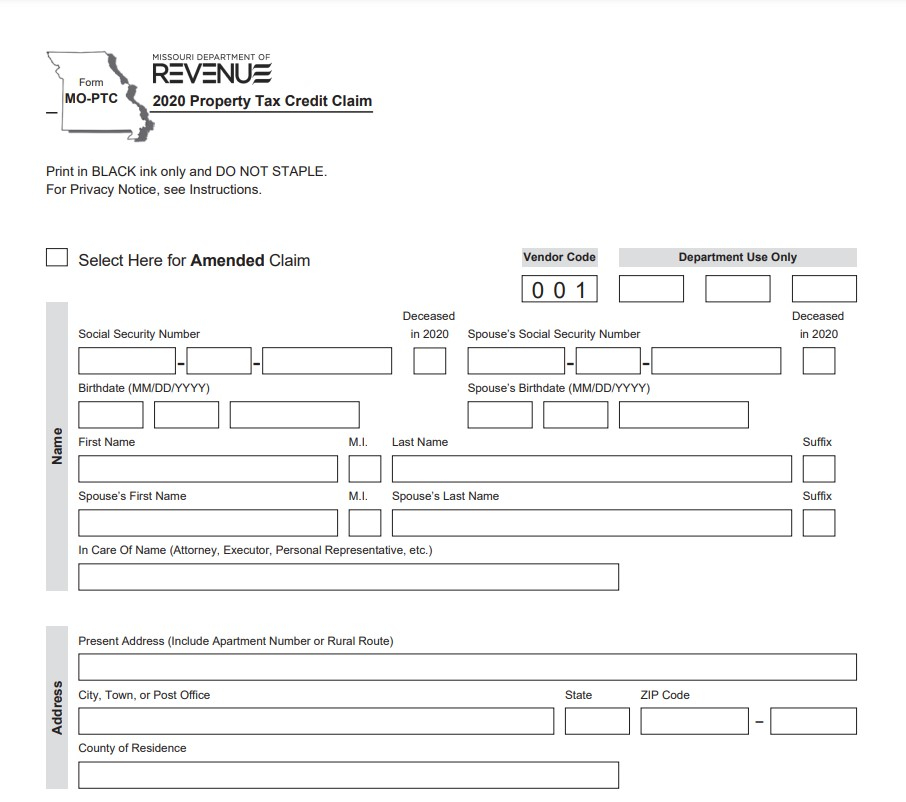Power Stop Rebate Form 2024 – Power rebates are now a significant player in the current energy environment. They are a great way to encourage energy-efficient choices and offer substantial savings. Let’s delve into the depths of power rebates.
Definition of Power Rebate
What is a power rebate? Power rebates are the amount that are either refunded or taken out of the amount of a payment. They’re typically offered by government or utility companies to encourage the energy efficiency of their customers.
Importance Power Rebate
Saving Money
The power rebates you receive will help you save money. Who wouldn’t love that? The rebates are provided by utilities and government programs to consumers who buy energy-efficient appliances or systems.
Energy Efficiency
Through rebates, we help individuals to make use of their energy in a more efficient way. This is more than savings on costs. It’s about a sustainable future. Energy efficient technologies can lead to less carbon emissions, and better health for the planet. Cool, right?
Different types of Power Rebates
Utility Energy Rebates
Your energy provider may offer you rebates for your energy usage. The rebates can include measures to save energy, such as the installation of high-efficiency HVAC systems, or lighting.
Power rebates from the government
Many government agencies provide incentives on electricity to encourage energy-efficiency. Certain rebates are offered on energy audits, renewable energy and insulation improvements.
How to apply for an Energy Rebate
- Utility Application for Power Rebates
It’s easy to get utility rebates. All you have to do is buy and install the equipment that’s eligible, keep your receipt, and then complete the application form provided by your utility provider. Isn’t that easy?
- Application for Governmental Power Rebates
Certain government rebates could require more work like meeting eligibility requirements, completing complete application forms, and submitting an energy audit. The best things are bound to be waiting for those who wait.
Maximizing Your Power Rebate Benefits
- Energy-Efficient Appliances
The best method to maximize your rebates is to invest in energy-efficient appliances. Not only do you receive rebates however, these appliances assist in reducing your energy bill. It’s a win-win!
- Renewable Energy Systems
Another great way to reap the maximum benefits is by installing solar panels. They could qualify for significant tax rebates making them more affordable.
The drawbacks of Power Rebates
Although power rebates can be an excellent thing, they are also a negative. The application process can be complicated, and not all energy-efficient upgrades qualify to receive rebates. The time to payback could be quite long.
Future Power Rebates
As we enter the 21st century, we can anticipate that power rebates will be a major factor in our transition to sustainable energy. As technology advances and policy the power rebates could be more accessible and valuable.
Conclusion
The power rebates provide a number of advantages. They can boost energy efficiency and reduce costs. The savings potential and the sustainability are too appealing to ignore. If you’re thinking about upgrading your home, consider taking a look at rebates for power.
FAQ’s
- A: What is the power-rebate?
- A power rebate is the form of rebate or discount offered by government or utility programs to encourage the use of energy efficiently.
- What’s the procedure for applying to receive a power rebate
- The procedure for applying can be different however, it generally involves acquiring and installing equipment that qualifies maintaining the receipt and filling out an application.
- A Power rebates can provide significant savings on the expense of energy-efficient appliances and installation.
- Q What are the disadvantages of power rebates?
- A: There are some drawbacks, such as the difficulty of applying, a limited number of upgrades and a lengthy payback time.
- Q: What do the future of electricity rebates be?
- A Power Rebates are expected to play a significant role of promoting sustainable energy in the future. Advancements in technology and policies can enhance their value.





